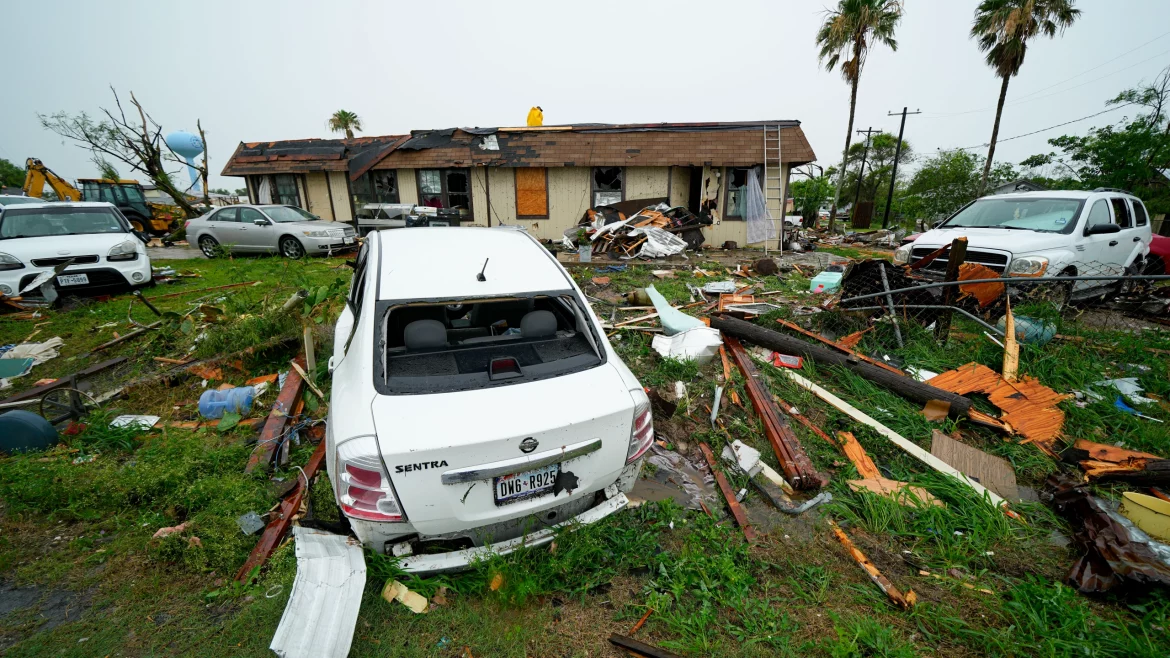A report by the United Nations has shown that extreme weather has caused the deaths of 2 million people and $4.3 trillion in economic damage over the past half a century.
Published on Monday from the UN’s World Meteorological Organisation (WMO), the new figures showed that 11,778 weather-related disasters have occurred from 1970 to 2021, and they have surged over that period.
Although the UN has launched a plan to ensure all nations are covered by disaster early warning systems by the end of 2027, only half of the world’s countries have such systems in place till date.
Among other things, the new report also found that more than 90 percent of deaths reported worldwide due to these disasters took place in developing countries.
Read also: Rome climate protesters pour charcoal into Trevi fountain water
“The most vulnerable communities unfortunately bear the brunt of weather, climate and water-related hazards,” WMO chief Petteri Taalas said in a statement. “Cyclone Mocha, which wreaked havoc in Myanmar and Bangladesh last week, exemplified this reality,”.
He noted that the severe storm “caused widespread devastation, … impacting the poorest of the poor. He however stated that improved early warning systems and coordinated disaster management had significantly reduced human casualties.
Taalas pointed out that during disasters similar to Mocha in the past, “both Myanmar and Bangladesh suffered death tolls of tens and even hundreds of thousands of people.” Myanmar’s military government has put the death toll from the latest cyclone at 145, but there are fears the number is higher.
Recall that In a 2021 report covering disaster-linked deaths and losses from 1970 to 2019, the agency had pointed out that at the beginning of the period, the world saw more than 50,000 such deaths each year. By the 2010s, the disaster death toll had dropped to below 20,000 annually.
And in its update of that report, the WMO said Monday that 22,608 disaster deaths were recorded globally in 2020 and 2021 combined.
Story was adapted from Aljazeera.
